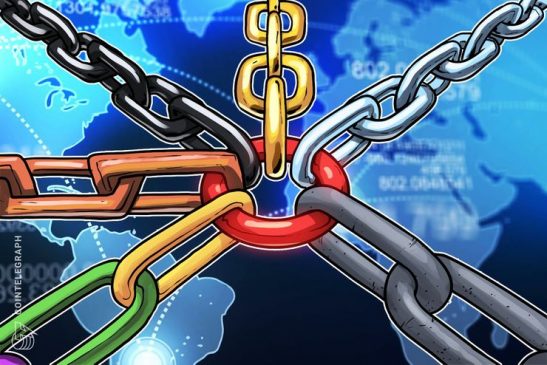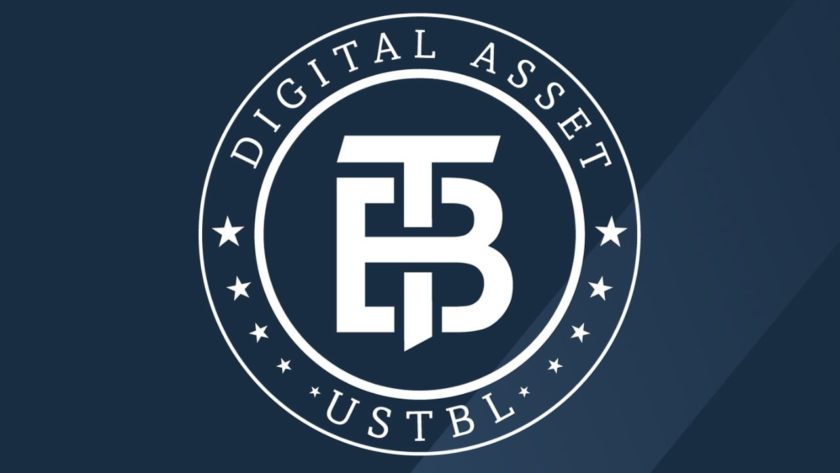The World Economic Forum (WEF) foundation has outlined more than 65 blockchain use cases for solving the “most pressing” environmental challenges, in a report published September 14.
In the report, titled “Building Block(chain)s for a Better Planet,” the Switzerland-based WEF has highlighted a large number of blockchain applications that could be used to help solve the world’s most pressing environmental challenges.
The proposed applications, according to the WEF, can enhance the environment protection efforts in several ways, such as new financing models for environmental outcomes, the realization of non-financial value and natural capital, outlining more efficient and cleaner decentralized systems, and others.
In addition to the potential for improving existing processes, the report also mentions the possibility of introducing completely new blockchain solutions – so-called “game changers” – that are expected to completely transform the way major environmental issues are managed.
These “game changers” include “see through” supply chains, decentralized energy and water management systems, sustainable fundraising sources, carbon markets, and others.
According to the report, the next important step in introducing blockchain applications for environmental protection is the establishment a “responsible” and “global” blockchain ecosystem, as opposed to funding specific, separate projects.
In conclusion, the WEF also pinpointed the problem of excessive use of blockchain caused by the hype around the industry.
To solve this issue, the organization has suggested three major questions to be considered as a starting point for any blockchain-related initiative: can the technology solve a specific problem, can the risks of unintended consequences be managed acceptably, and whether a functioning ecosystem of stakeholders is available.
On September 13, the WEF published a joint report that has estimated that the distributed ledger technology (DLT) could add $1 trillion to the volume of global trade over the next ten years. The report also argued that the embracement of the technology by major governments, including the member-states of the European Union, is “unavoidable.”




